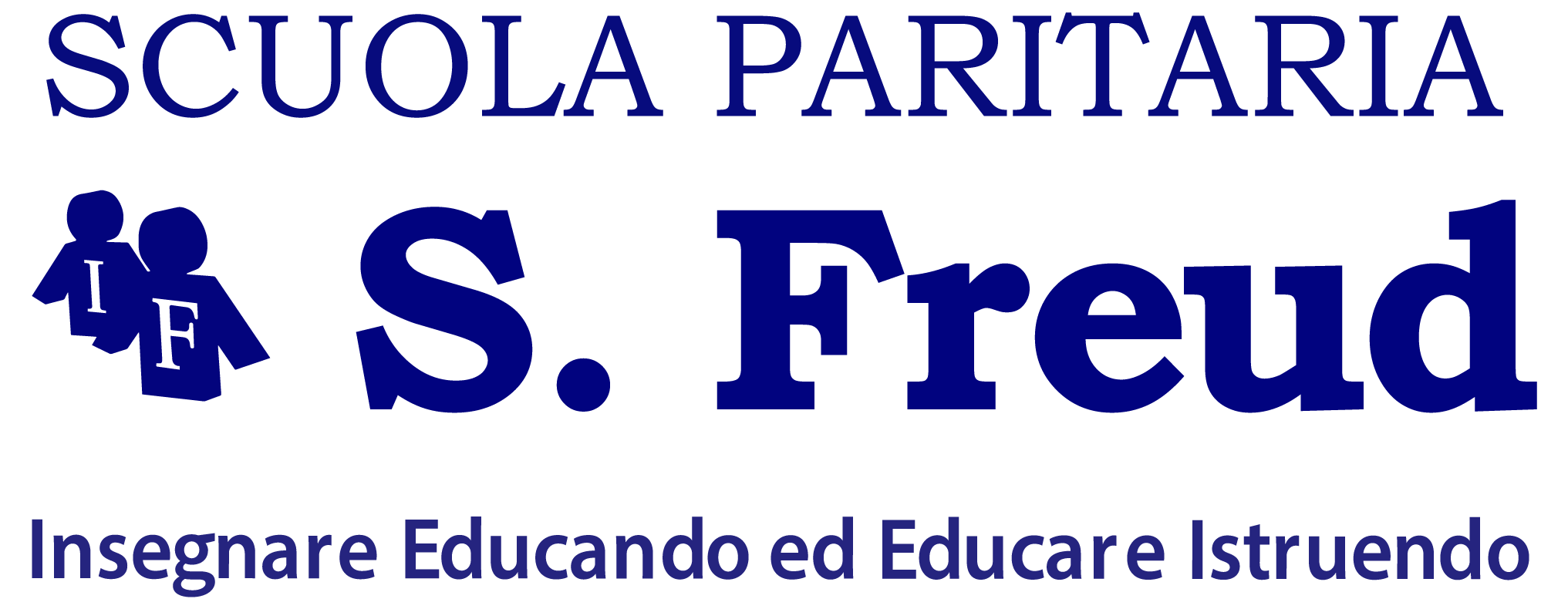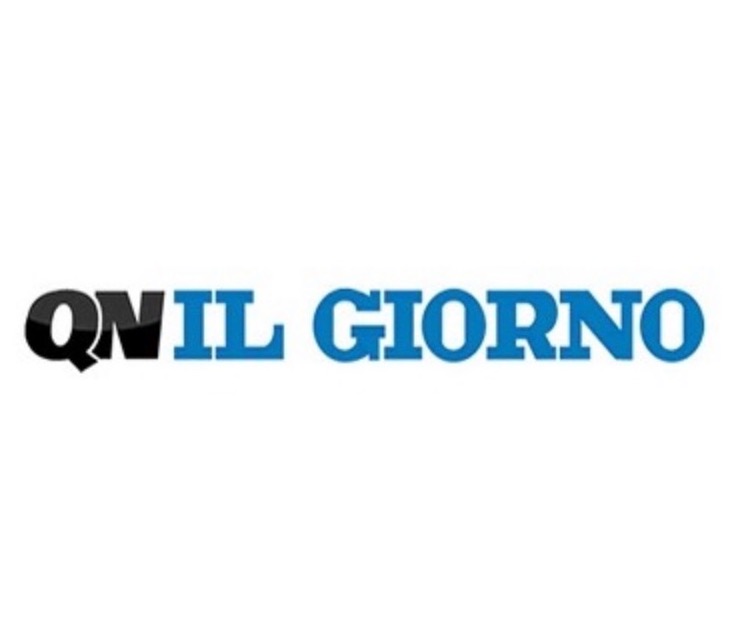8 aprile 2022
On Friday 8 April 2022, Dr. Nappo, legal director of the S. Freud Charter School, exhibits in the national newspaper "Il Giorno" his reflections on the importance of participation in school life, which must always be encouraged as an important tool for growth. The teacher has an essential function, as always within the school walls, to encourage participation and help the student to interact, leading him to contribute to the construction of new cultural models on which to reflect.
“We live in a democratic society, with an important pedagogical relevance and conditioning tools for education for an active citizenship in a free society, where participation is a fundamental element of stability. Hence the importance of reflecting on what is the function of participation and the place of the school in educating for democracy. In a certain sense, we can also refer to the famous song by the singer-songwriter Giorgio Gaber 'Freedom', from the early seventies: «Freedom is not being on a tree. It is not even the flight of a bluebottle. Freedom is not a free space, Freedom is participation ». In contemporary school, participation is a principle of conduct in the areas of education development; the adhesion of young people can be expressed in every moment of their presence, from class and school councils, to special events, up to involvement in educational and non-educational projects. The participation of the students helps to strengthen the sense of belonging to the school, thus promoting a correct school climate. Furthermore, motivating young people to participate in initiatives in the school means activating children in their community in favor of positive and collective changes. The role of the teacher is also loaded with significance with regard to participation and one of its fundamental tasks is to favor the acquisition of knowledge and to promote its critical elaboration by stimulating the participation of young people in the processes of socio-cultural progress. The areas of action in which to exercise participation are built on the basis of living together and education for citizenship, to develop individual responsibility and the active involvement of the student, with the aim of contributing to building and evolving cultural models over time. that are not equal to those of consumerism. The school bodies responsible for the implementation of participation can be identified in the direction of the institution which plays a notable role in creating a culture of participation. Students need to be supported on their path to self-determination; the school is a place where you can learn to participate and then act, determine your life choices, at school and in the future in society."
Scuola-Paritaria-Sigmund-Freud-Milano-MI-Liceo-Scienze-Umane-LES-Tecnico-Tecnologico-Informatico-INFO-Tecnico-Economico-Turistico-TUR


